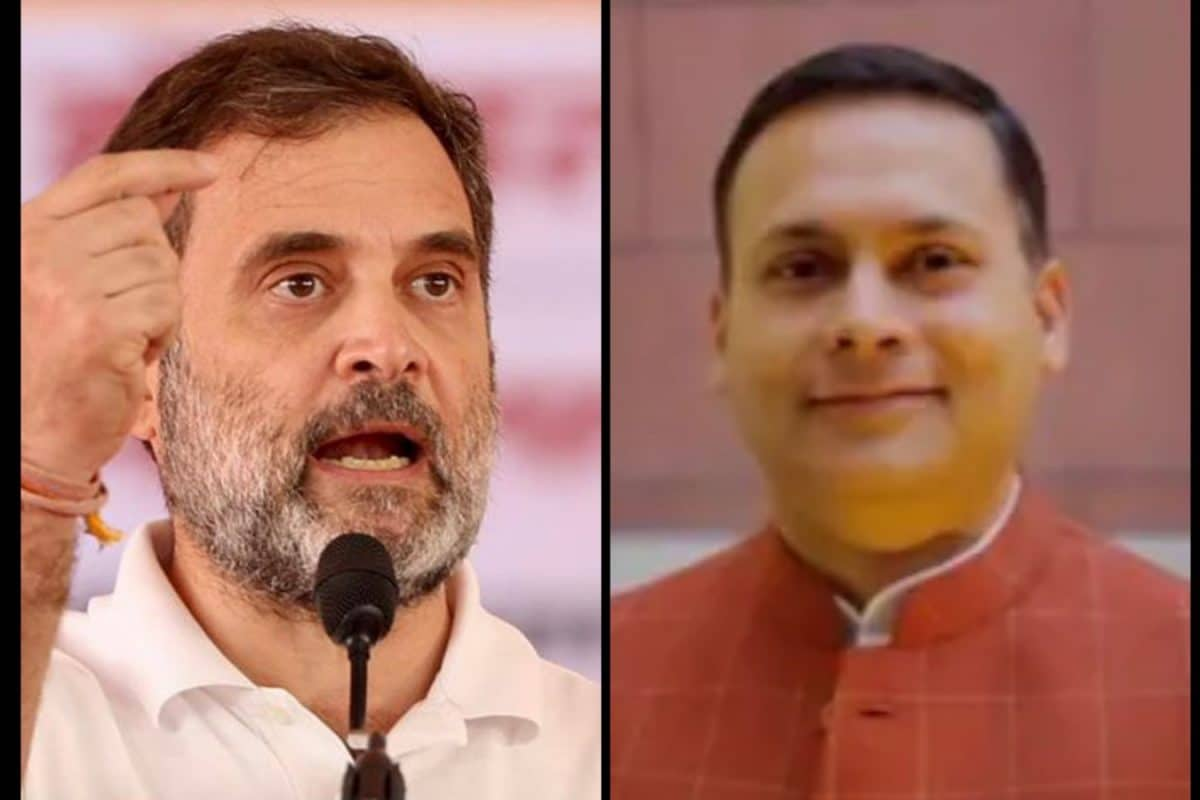

The Supreme Court is currently hearing a case related to the Special Intensive Revision (SIR) of electoral rolls in Bihar, a process that has sparked significant political controversy. The opposition, led by Rahul Gandhi, has alleged that the SIR is a deliberate attempt to disenfranchise voters, particularly those from marginalized communities, at the behest of the ruling Bharatiya Janata Party (BJP). Gandhi has gone so far as to claim "countless vote thefts" are taking place.
These allegations have been met with strong rebuttals from the BJP, with Amit Malviya challenging Gandhi to state his claims under oath. Malviya has also labeled Gandhi as "anti-national". Union Minister Kiren Rijiju stated the matter is sub judice, making a discussion in Parliament inappropriate. The Election Commission of India (ECI) has also fiercely defended the SIR process, asserting that no eligible voter will be removed from the rolls and demanding proof from Gandhi to support his claims.
The ECI has stated that it provided all requisite information to political parties and has taken steps to ensure no legitimate elector is excluded. They claim that the list of electors, whose enumeration forms had not been received during SIR, was shared with booth-level agents of recognized political parties even before publishing the draft roll. Despite opportunities to raise concerns, the ECI claims that no complaints were lodged by political parties during the window provided.
The Supreme Court has directed the ECI to furnish details of deleted voters in the draft electoral rolls, responding to a petition filed by an NGO. The court has asked the poll body to submit a response, specifically addressing concerns about the lack of specific information regarding the reasons for voter deletions. The court has scheduled further hearings on the matter.
Amidst the accusations and counter-accusations, Home Minister Amit Shah has accused Rahul Gandhi of making excuses for potential election losses. Shah argued that the removal of "infiltrators" from the voter list is a necessary step and accused the opposition of opposing the SIR because "infiltrators" are their vote bank.
The opposition's primary concern revolves around the lack of clarity regarding the exclusion of voters, alleging that a significant percentage of names were removed based on recommendations from low-level polling officials. Critics like Prashant Kishor have also voiced concerns about the removal of names from the voter list.
The Supreme Court's intervention underscores the gravity of the situation and the need for transparency and accountability in the electoral process. The court has emphasized that it will scrutinize the data of affected voters to ensure fairness. The outcome of the hearing could have significant implications for the upcoming elections in Bihar and the integrity of the electoral process.